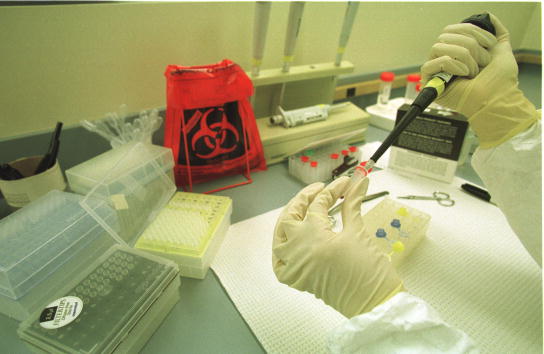
Healthcare consumers need to be careful about trusting the results of genetic testing and acting on those results. Many companies now offer genetic testing that is supposed to show an individual's risk of developing certain diseases, but the system has flaws and it is rapidly changing.
A study has found that different genetic laboratories are giving different interpretations of the importance of a given genetic variation. Some labs looking at the same gene variant tell people who have a variant gene that they should worry while other labs tell people not to worry.
"In the past few years, it has become clear that many genetic variants that have been reported in the literature to cause disease have been misinterpreted," the report stated.
The study is a report by the Clinical Genome Resource, known as ClinGen, which is funded by the federal government. ClinGen is building a central resource on the clinical importance of variants of the human genome for use in what is called precision medicine, where a medical treatment is chosen to best match a person's genetic makeup. ClinGen includes ClinVar, a database for researchers to pool findings about genetic variants.
The project has found more than 80 million genetic variants for the millions of genes in the human body. More than 100,000 of these variant genes are known to have some effect on a person's risk of developing a disease. Eleven percent have been analyzed by more than one lab, allowing the results to be compared. But in 17% of those cases, the labs were interpreting the findings differently, saying that the same variant gene raised the risk of a disease, had no effect on it or had an unknown effect.
"Thus, we are very far from a world in which we can sequence patients' genomes and easily interpret their risk of disease, even if patients carry a variant in a gene that is associated with a highly penetrant genetic disorder," the report states.
ClinGen is working to create standards for interpreting genetic variations.
The report can be read at http://www.nejm.org/doi/full/10.1056/NEJMsr1406261?query=featured_home.
